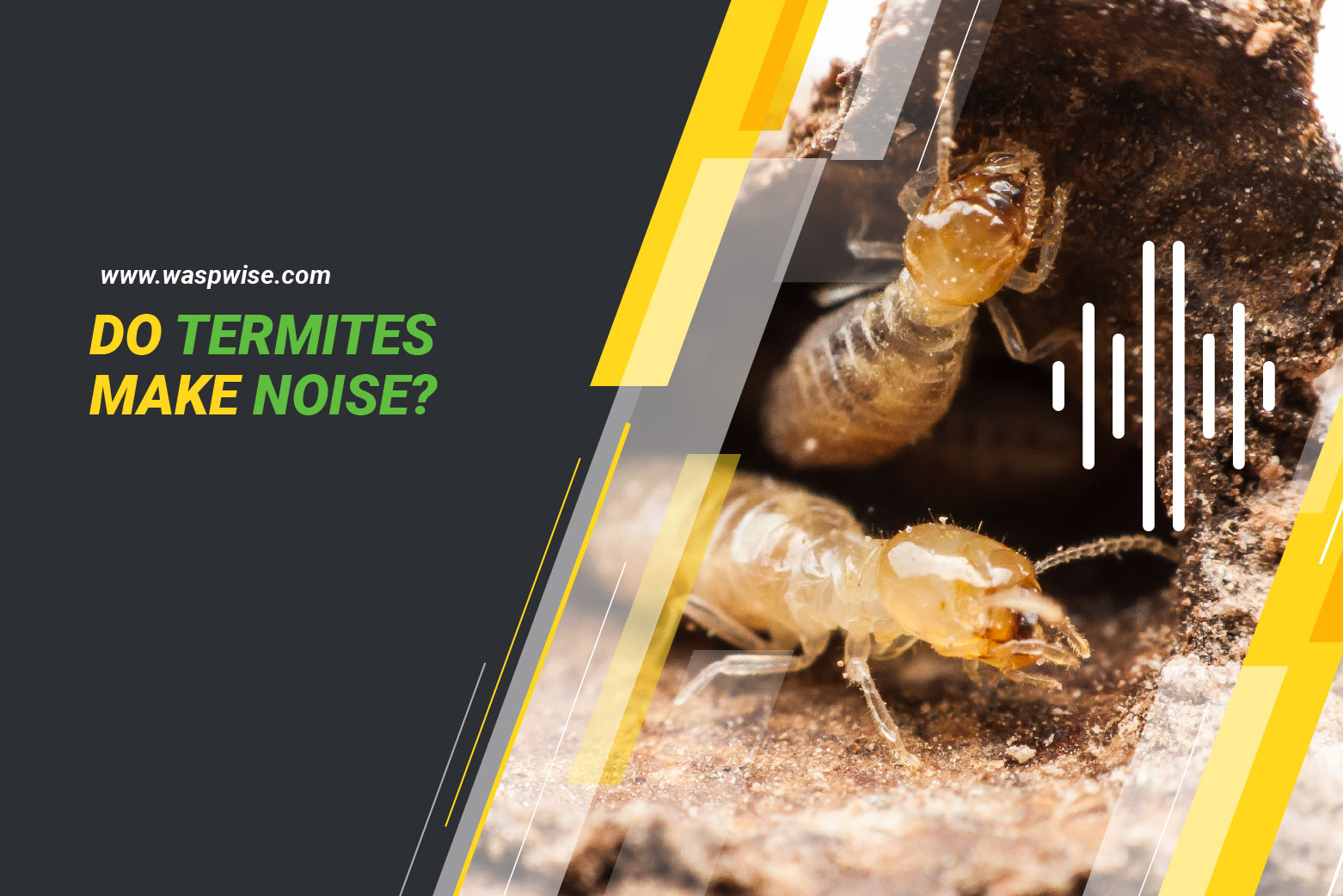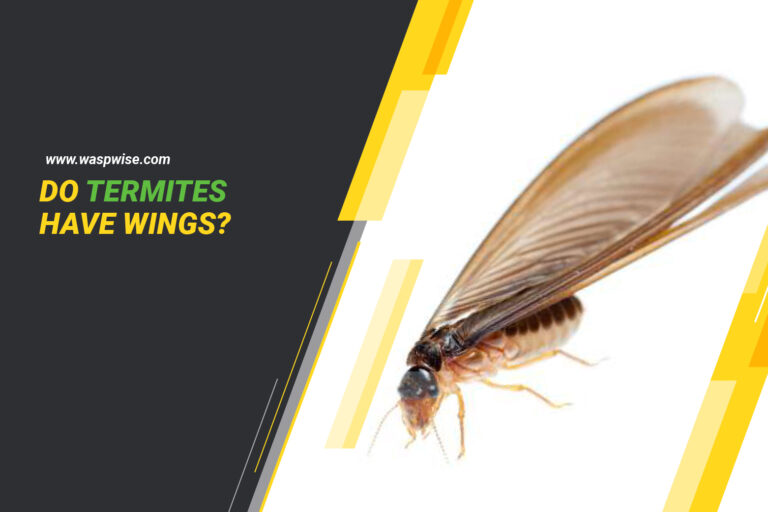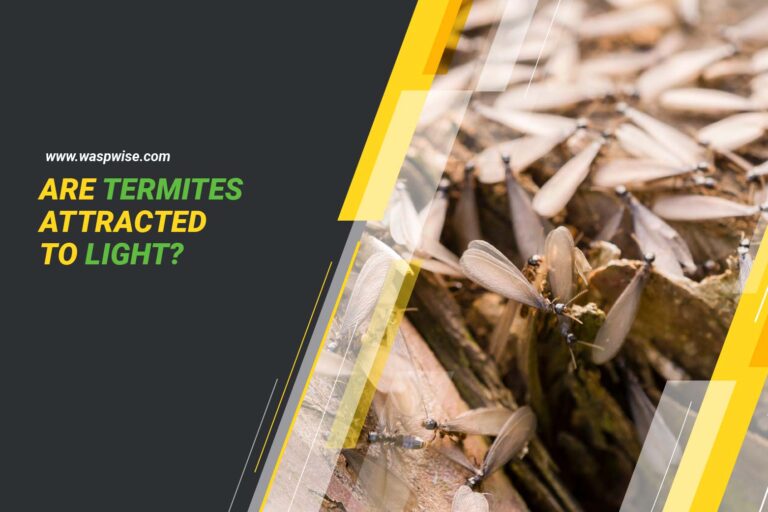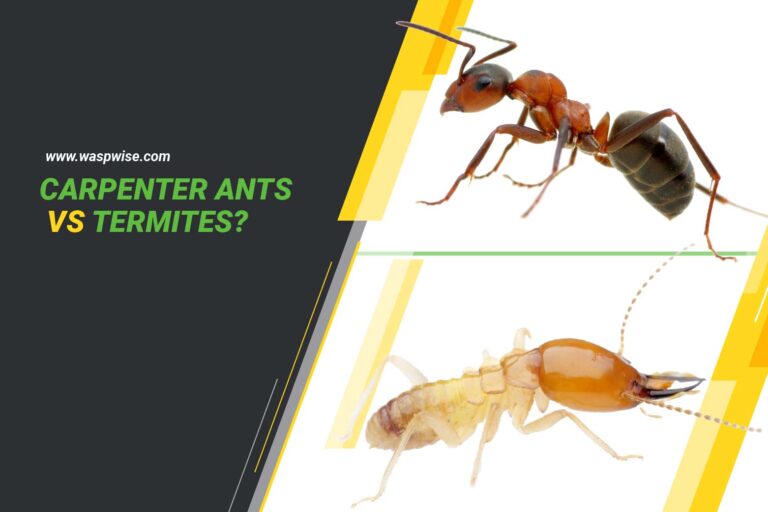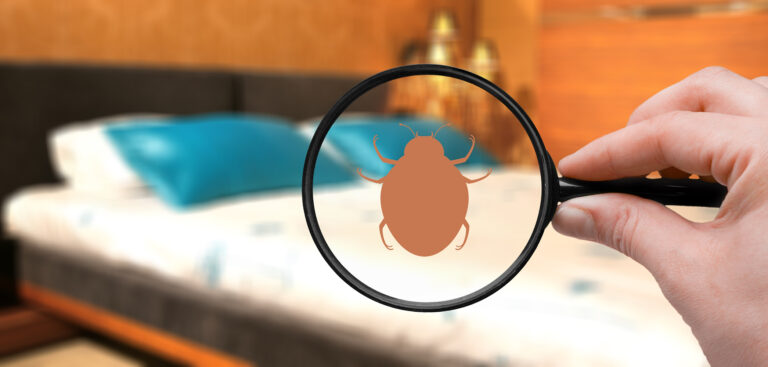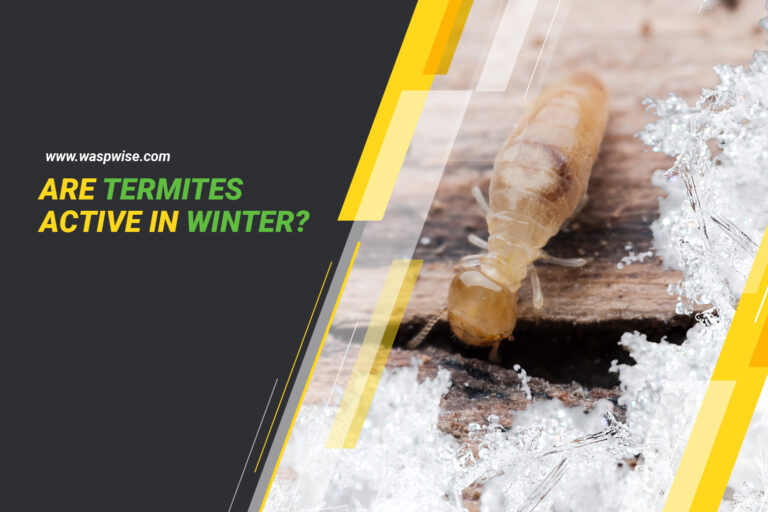DO TERMITES MAKE NOISE? THE SOUNDS OF SILENT DESTROYERS
Yes, termites make noise, but it is often too faint to hear without specialized equipment. They communicate through vibrations and banging their heads against the wood they are eating, which can be detected by termite detection devices.
Termites can cause major damage to your home without you even knowing until it’s too late. But what about the sound of them? Can we hear them before we see them?
Termite noises are not as common as other pest sounds, like mice squeaking or birds chirping. But there is evidence that suggests they do make noise under certain conditions. So if you hear strange noises in your home, it could be a sign of a bigger problem. Let’s explore the subject further and find out just how much noise these tiny creatures make.
WHAT CAUSES TERMITES TO MAKE NOISE?
If you have ever heard a clicking sound coming from your walls or furniture, it is possible that worker termites may cause the noise. These insects use their mandibles to perform various tasks, including tunneling and consuming wood, which can result in a soft scratching sound that is audible from within your home.
Additionally, termite queens are known to produce loud clicking noises when communicating with their fellow workers. While these sounds may indicate the presence of an infestation, it is important to seek the assistance of a qualified professional in order to confirm the diagnosis.
Did you know?
Termites are sensitive to vibrations and can detect the movement of predators, which allows them to escape danger quickly.
TYPES OF NOISES PRODUCED BY TERMITES
Termites create distinct sounds that can indicate an infestation. The most common is a crunching sound caused by their chomping on wood and other materials.
Larger infestations can produce loud noises, with dozens or hundreds of termites in one area. Another sound is a clicking noise caused by termites communicating with each other, and a hollow sound can also indicate an infestation.
Contact a professional pest control technician to inspect the area and provide advice on how to eradicate them. Identifying these sounds early can help prevent serious damage to your property.
DIFFERENTIATING TERMITE NOISES FROM OTHER PEST NOISES
Termites create a faint, rustling noise in the walls while eating away at the wood, which increases as the colony grows larger. Other pests, such as rodents, create louder and more incessant noises.
Look for evidence of damaged wood to identify a potential termite infestation. Understanding the difference between termite and other pest sounds can help identify an infestation early, allowing proactive steps to be taken to eliminate the threat.
DETERMINING THE SEVERITY OF A TERMITE INFESTATION THROUGH SOUND
Pest control experts suggest that listening carefully for a distinctive clicking sound, like tapping a fingernail on wood or sandpaper rubbing, can indicate a termite infestation. The intensity of the sound can indicate the severity of the problem.
Contact a professional pest control company quickly to determine the extent of the infestation and implement long-term solutions to prevent future termite damage.
DO ULTRASONIC REPELLENTS AFFECT TERMITES?
The effectiveness of ultrasonic repellents for termites varies depending on the type of termite and how long and where the repellents are used. They typically do not kill the termites but make them flee. Consult a professional pest control company for tailored advice on dealing with a specific type of termite problem.
WHY DO TERMITES BANG THEIR HEADS AGAINST WALLS?
Termites bang their heads against walls and other surfaces to communicate with other members of their colony. This behavior is called “head-banging” or “head-thumping” and creates vibrations that can be sensed by other termites nearby. By doing this, termites can signal danger, food sources, and even the location of new nesting sites. This behavior is an important part of termite communication and helps the colony to function as a cohesive unit.
CONCLUSION
In conclusion, while termite noises are not as commonly heard as other pest sounds, there is evidence to suggest that they do make noise under certain conditions. These noises can include crunching, clicking, and rustling sounds, which can indicate the presence of an infestation.
It is important to differentiate between termite noises and those made by other pests, as well as to listen carefully for the intensity of the sound, which can indicate the severity of the problem. Seeking the assistance of a qualified professional is crucial to confirm the diagnosis and implement long-term solutions to prevent future termite damage.

